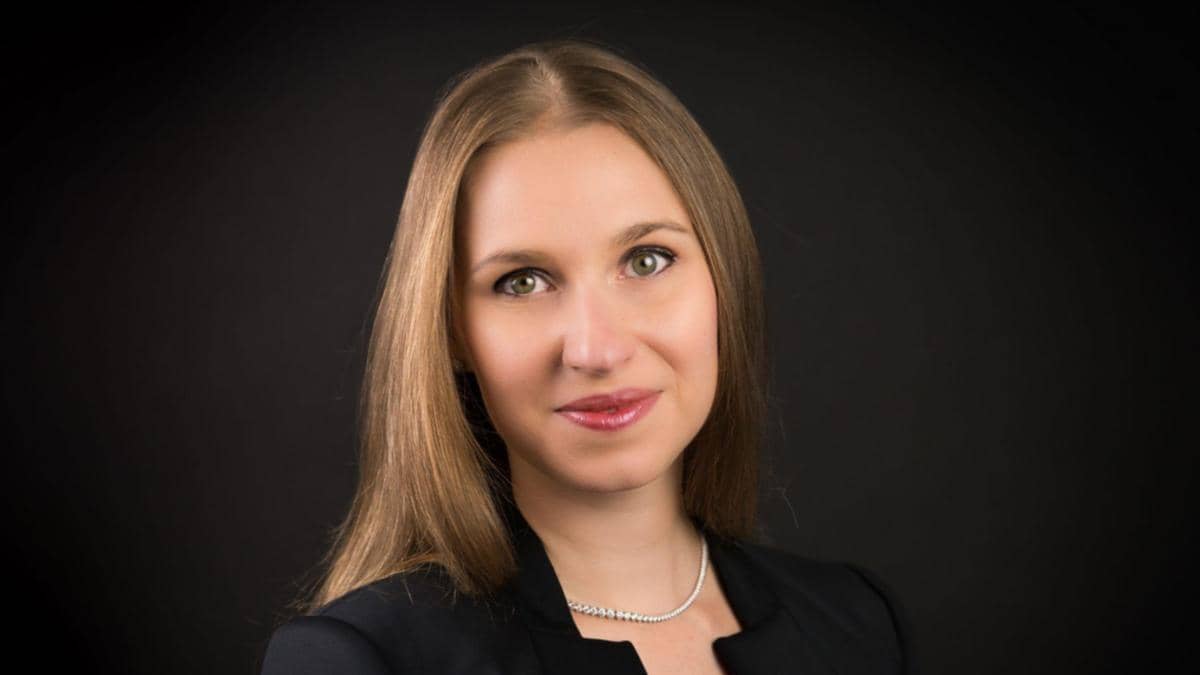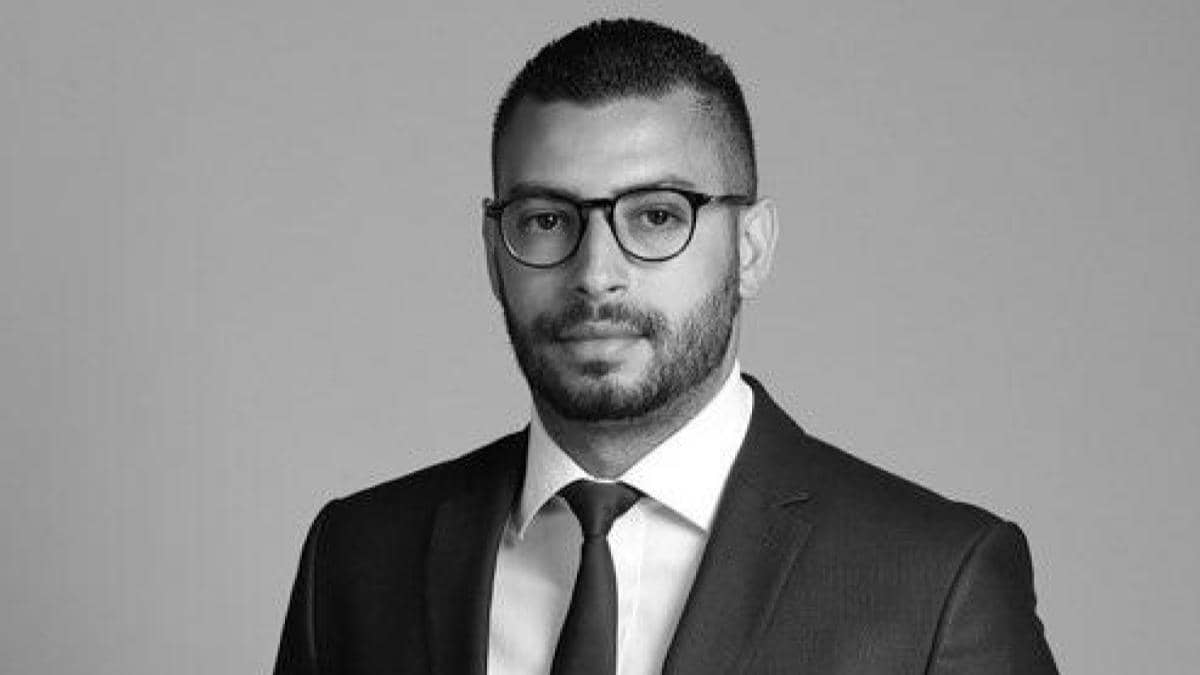Baptiste Sierra from Forward Finance is our Fund Selector of the Month

30 NOV, 2022
By Constanza Ramos
Baptiste Sierra, Head of Asset Allocation at Forward Finance is our Selector of the Month. He joined Forward Finance in 2018. Baptiste has a Masters degree in ISG Institut Supérieur de Gestion.
Could you please tell us about the Fund Selection process at Forward Finance?
The fund selection process at Forward Finance is run by the asset allocation team, who monitor our watchlist and buylist. Watchlist funds are followed by a quantitative screening on a weekly basis, meanwhile buylist funds, which can be recommended to our clients, are screened quantitatively but are also subject to a qualitative analysis.
The process for a fund to be integrated in our buylist is as follows:
An investment case based on top down views and in depth analysis of the targeted asset class. This step helps us to define the quantitative criterias that will be use in the following stage of the process; a quantitative screening run by an internal model which allows us to rank funds regarding personalized criterias; a qualitative analysis that consists in meeting with fund managers, to analyze the investment process, the front-to-back organization and the asset manager company.
Once a fund is selected, it must be followed by an appointed analyst with all available data and recurrent call/meeting with fund managers. We aim to keep a low turnover rate in our buylist, but if, for several reasons, we don’t feel comfortable anymore with a strategy, we remove it and advise our clients to sell the fund.
How many people are in your team, and how is it organized?
We are 4 people in the asset allocation team. Even if each member of the team has a specialization regarding asset classes, we tend to remain versatile because of the broad scope of institutional that we can advise in their asset allocation and fund selection. None of us is allowed to run a fund selection process alone, it is always a collegiate decision.
What parts of your role do you find more challenging? And what parts would you say are the most interesting to you?
The most challenging part of my role is to adapt each portfolio to every investor, who might have a different profile in terms of performance objective but mostly in terms of risks. Furthermore, financial markets tend to become more challenging every year.
In my opinion, the most interesting part of my job is not the fund selection but the fund research, with the objective to find a new gem not necessarily identified.
What processes do you have in place to identify a good manager? What are the differences between a good manager and a not-so-good one?
Identifying a good manager is not an easy thing, but the key thing is to be consistent, in line with the investment process independently from the environment, and to have a proactive and relevant communication ensuing. I think that the fund manager role demands more strictness than before, regarding the evolution of the industry but also of the markets.
Not so good managers always find excuses, good managers tend to look for solutions. In my opinion, this is the result of the strict application of the investment process and a clear analysis of the situation.
Do you have any red lines when selecting a fund? Are there any sectors, or themes that you would never invest in?
We actually don’t invest in monothematic funds for diversification purposes, but it is something that could change in the future. As many investors, we have an exclusion policy in terms of sectors.
We don’t want to be invested in coal, unconventional oil & gas, unconventional weapons, and tobacco.
How are you navigating the current inflation and volatility in the markets?
We try to remain focused on our macroeconomic scenario, being flexible and reactive regarding the evolution of the metrics, and we try to remain unbiased by the market environment even if it certainly influences our decisions. We actually remain cautious with the lack of visibility on the short but also the long run, even if valuations appear to be attractive on some asset classes.
The key for us is to keep in touch with the portfolio managers of the funds that are in our buylist, to get the maximum amount of information to be the most comfortable in terms of decision taking. Those volatility periods are also a time when the dispersion between funds performance tends to grow, and it is really suitable for us to challenge our existing positions and find some new ones.
What do you like to do when you are not working?
I enjoy riding bikes, mainly road bikes, and practice sports in general. I also like cooking and tasting wine (not only French) in my free time. But financial markets actually take an important place in my mind.


